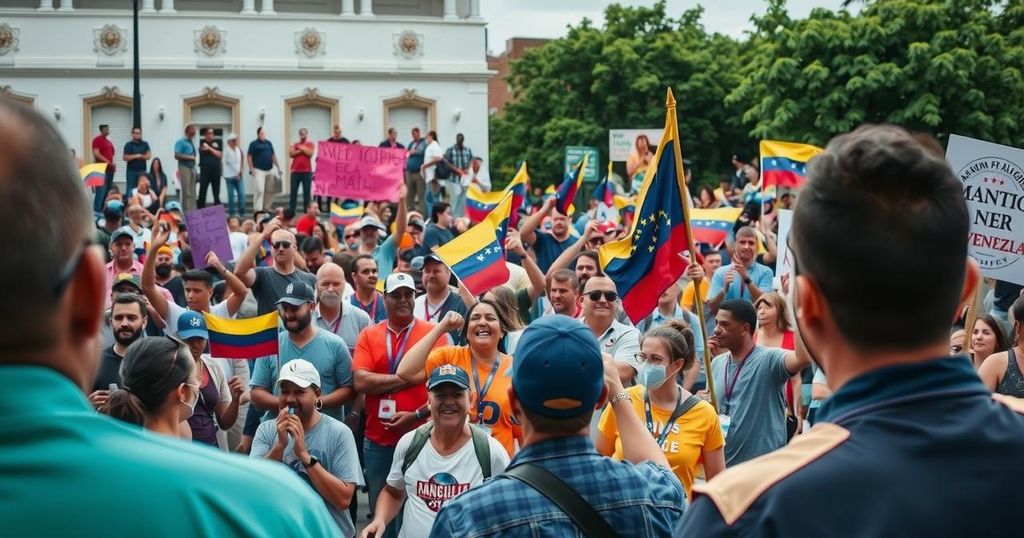The inauguration of Colombia’s new president sparked significant protests, reflecting public discontent regarding government policies and the complex relationship with Venezuela. Citizens emphasized the need for reform and improved diplomatic relations between the two countries amid a backdrop of ongoing socio-economic challenges.
In recent months, tensions have escalated between Colombia and Venezuela, culminating in widespread protests during the inauguration of Colombia’s newly elected president. Citizens took to the streets, voicing their frustrations over government policies and the perceived mismanagement of cross-border relations. Bolstered by concerns for national sovereignty and economic stability, many demonstrators expressed their hopes for a more cooperative relationship between the two nations. The protests reflect a larger discontent with political leadership and highlight the need for significant reforms in addressing bilateral issues.
The political landscape in Colombia and Venezuela has been historically tumultuous, characterized by fluctuating relations influenced by ideological differences and socioeconomic challenges. The recent elections in Colombia have reinvigorated debates over immigration policy, diplomatic strategies, and the ongoing humanitarian crisis in Venezuela. With many Venezuelans fleeing to Colombia in search of better opportunities, the domestic response to this influx has sparked heated discourse, intensifying the need for constructive dialogue between the two nations.
In summary, the protests surrounding the inauguration of Colombia’s president signify deeper tensions between Colombia and Venezuela. The ongoing unrest exposes critical issues regarding governance and bilateral relations that must be addressed to foster peace and stability. It remains vital for both nations to engage in constructive dialogue to mitigate conflicts and promote mutual welfare.
Original Source: www.chronicleonline.com






